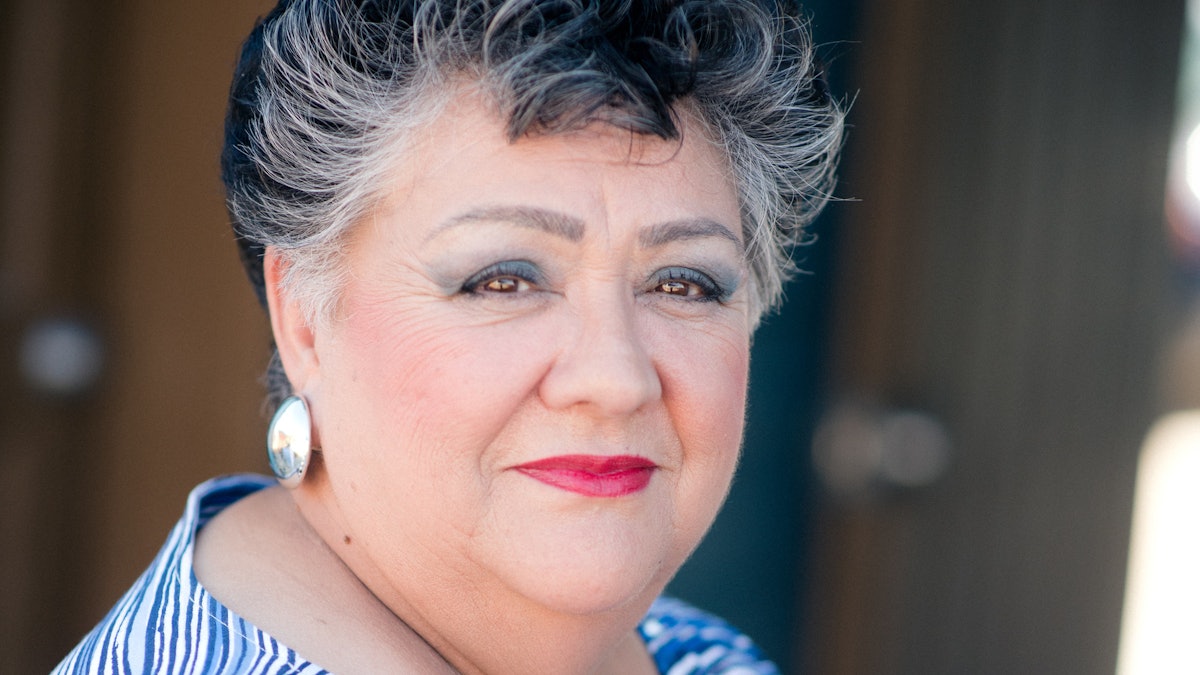A Commitment to Community Health
“Whatever position I have held professionally, I have always been a promotora at heart,” says Carbajal.
As a third-generation promotora, she carries this torch and seeks to uplift other community health workers through her Helping Other Promotores Excel (HOPE) network, of which she is a co-founder and manager.
And it’s for this dedicated, consistent, and long-standing work that the University of Arizona’s All of Us Research Program and Banner Health honored Carbajal, naming her the September/October Health Champion of the Arizona during National Hispanic Heritage Month this year.
Carbajal describes the network as “community-created, community-driven.” Formalized in 2009, the network seeks to empower other promoters in communities through resources, education and training on a variety of topics and issues.
“We recognized that there were many people in the community who were using the promotora model, yet they had no formal training,” Carbajal explains. “The community health worker is centuries old, not a new concept at all. The promoters are the reference people in each community. There are trusted people whom the community feels comfortable turning to in times of crisis or for information. They are the essential people. … We decided that we wanted to create a platform where we could all meet and collaborate, network, but also provide training, opportunities and education on every issue, every need they face in their communities.
Promoters often address more than a community’s physical health issues, Carbajal says. They exist as holistic caregivers, responding to a multitude of different issues that households and neighborhoods face, such as unemployment, insurance, language barriers, food shortage and mental health.
Carbajal, a fourth-generation Arizonan, compared the situations promoters face to a capirotada, a traditional Mexican food like bread pudding.
“It has all kinds of ingredients,” says Carbajal. “Well, that’s how our community is. You may be talking to a family that you are giving resources on health insurance, but you also see that there is unemployment in the house, they do not know where their next meal will come from. So what are you doing? Do you give them the medical information and then walk away? No. A promoter stays and says, “Here are some resources that I would like to provide to you. …’ or you give them directions to the next community center. … You find that there are many more problems.
In addition to the HOPE Network, Carbajal works as a research specialist at Arizona State University Edson College of Nursing and Health Innovation. There, she helps inform and educate caregivers of people with memory loss, Alzheimer’s disease and other dementias on how to manage their own stress and well-being.
“Our workshops aim to help the family, the caregiver, their families and loved ones, to navigate the changes to come, to prepare for the future, to manage the changes in behavior that will affect their loved one”, explains Carbajal, who dedicated the work in memory of his late mother, whom Carbajal cared for when she suffered from dementia.
The health champion and community leader continues all her hard work, saying only when her passion wears off will she stop.
“The day I lose the passion for what I do,” says Carbajal, “is the day I have to retire.”


Comments are closed.